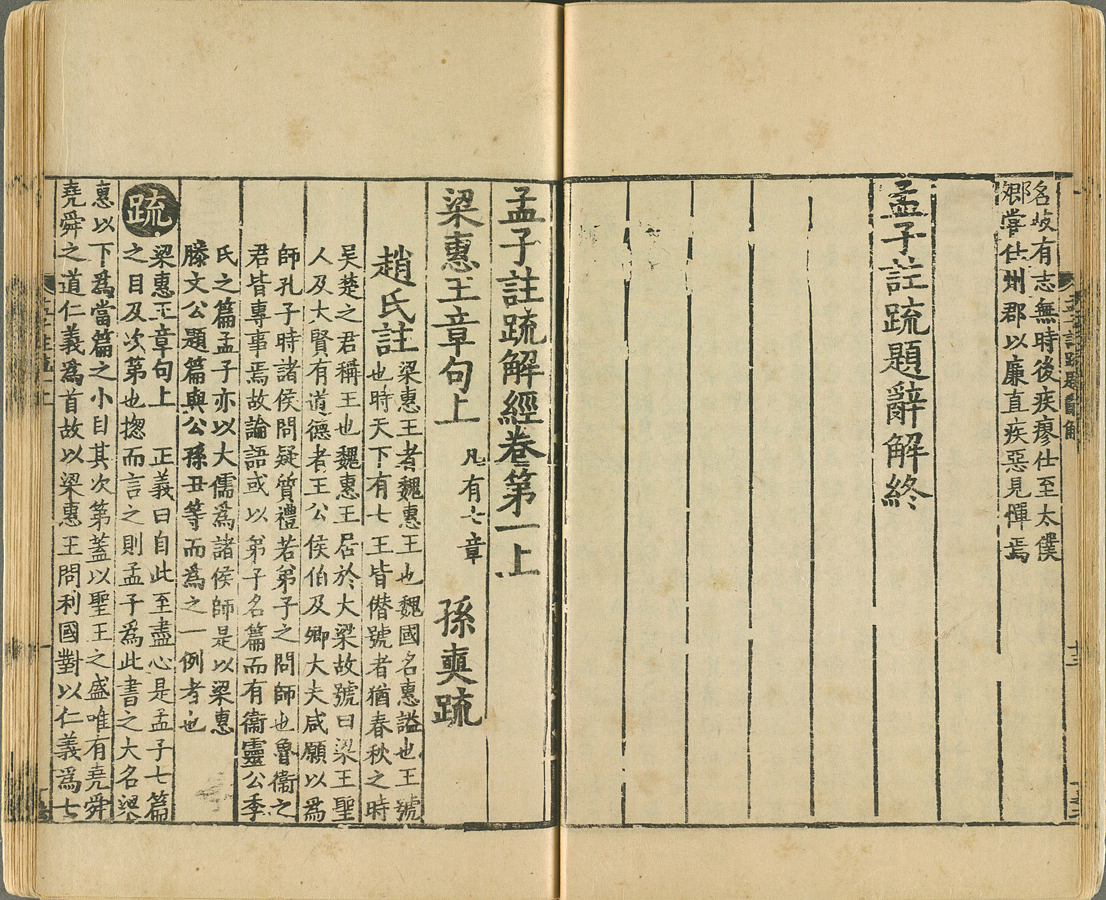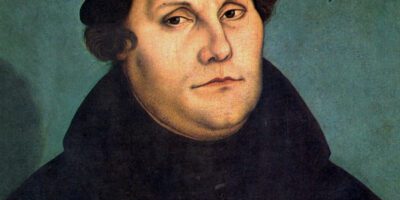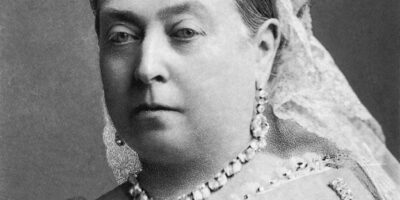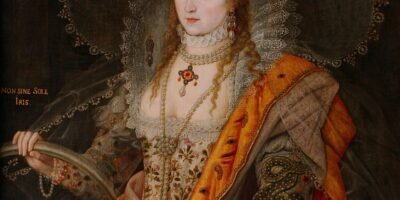
The Chinese philosopher. Photo by: Hardouin- Wikimedia.
Top 10 Fascinating Facts about Mencius
While Mencius has always been regarded as a major philosopher, the neo-Confucians of the Song dynasty (960–1279) placed special emphasis on him and his work. Mencius has been highly regarded as the cofounder of Confucianism in China for the last 1,000 years, second only to Confucius himself.
Mencius, (Latin), Chinese (Pinyin) Mengzi or (Wade-Giles) Meng-tzu, original name (Wade-Giles) Meng K’o, (born c. 371, ancient state of Zou, China—died c. 289 BCE, China), early Chinese philosopher who developed orthodox Confucianism.
Among his fundamental beliefs was the obligation of rulers to provide for the common people. Mencius’ book contains statements on the goodness of human nature, which has been hotly debated by Confucianists up to the present day.
1. Famous philosopher

Myths & Legends of China By E.T.C. Werner H.B.M. Consul Foochow (Retired) Barrister-at-law Middle Temple Late Member of The Chinese Government Historiographical Bureau Peking Author of “Descriptive Sociology: Chinese” “China of the Chinese.” Photo by: Chinese Artists- Wikimedia.
The ruler was to provide for the welfare of the people in two ways, according to Mencius: material conditions for their livelihood and moral and educational guidance for their edification.
Mencius devised a specific plan to achieve economic sufficiency for the common people. He also advocated for lower taxes, free trade, conservation of natural resources, welfare programs for the elderly and the poor, and a more equitable distribution of wealth.
His core belief was that “only when people had a steady livelihood would they have a steady heart.”
2. Early life of Mencius
The Meng family, who were of noble origin, settled in the state of Zou, a minor state in the current province of Shantung. Mencius was born in China around 372 BCE. In many ways, his life paralleled that of Confucius. Zou and Lu (the state of Confucius’ birth) were neighboring states.
Mencius, like Confucius, was only three years old when his father died. Mencius’ mother was particularly concerned with her son’s upbringing. A traditional story goes that she moved their home several times before settling near a school so that the boy would have the right kind of environmental influence, and that she encouraged her son to persevere in his studies.
For centuries, the mother of Mencius has been revered among the Chinese.
3. School life of Mencius
As a young scholar, Mencius was mentored by a pupil of Zisi, himself the grandson of Confucius. As a result, the consistency of Confucian orthodoxy in its entirety was ensured. Mencius eventually became a teacher and served briefly as an official in the state of Qi.
He traveled extensively, giving advice and counsel to various princes on government by ren (“human-heartedness”), or humane government. The effort was doomed because the times were chaotic, and the contending princes were interested in power rather than humane government.
4. He was determined with his teachings
A sign on the grounds of the Temple of Mencius, Zoucheng, explaining the history and meaning of some of the old stelae (turtle-borne or otherwise) preserved there. Photo by: Vmenkov- Wikimedia.
The feudalistic principle of a sociopolitical hierarchy, with clearly defined prerogatives and obligations between those of high and low status, was the foundation of the Zhou dynasty (c. 1046–256 BCE).
However, as time passed, ambition and intrigue led to usurpations and impositions, eroding the feudalistic system at its core and bringing about a state of political and moral disorder. This trend, which alarmed Confucius, worsened at an alarming rate, and the period in which Mencius lived is known in Chinese history as the Warring States period (475–221 BCE).
Mencius’ sermons to the princes on virtuous personal conduct and humane government fell on deaf ears in such circumstances, but he persisted in speaking his mind, even though he knew he was championing an unpopular cause.
5. He had different ideas
Whereas Mencius patiently urged the royals to nurture moral power and abandon the way of force and intrigue, he also reminded them strongly of the obligation that came with the policy from Heaven to govern for the good of the people.
Mencius stated with uncommon bravery, “The people are the most important element in a nation; the spirits of the land and grain come next; the sovereign counts for the least.”
He also quoted for all to hear from the Shujing (“Classic of History”), one of Confucianism’s Five Classics, the saying “Heaven sees as the people see; Heaven hears as the people hear. Mencius’ outspoken sympathies made him a champion of the common people and a proponent of democratic principles in government.
6. Human nature

Mencius, Annotated and Commentated, a Yuan-Ming copy mended on top of a Song dynasty printing from the Jiatai reign period (1201-1204). Photo by: Medieval Chinese publishing house- Wikimedia.
Mencius is well-known for asserting that human nature (renxing) is good. This declaration, like most reductions of philosophical positions to bumper sticker slogans, oversimplifies Mencius’ position. Mencius takes a more cautious approach in the text to reach this conclusion. According to A. C. Graham, his argument has three components: (1) teleology, (2) virtue theory, and (3) moral psychology.
7. Mencius teachings
Mencius’ teachings were retained in the book Meng-tzu, a seven-chapter work of anecdotes most likely compiled by his disciples. The majority of the anecdotes are conversations between Mencius and his disciples, or, on rare occasions, a ruler. His fundamental philosophy, if it can be called that, is an extreme idealism that sees human nature as fundamentally good and evil as merely a prevarication of one’s innate goodness.
He emphasized the importance of attempting to recover one’s original goodness and, through learning, seeking what he referred to as the “lost mind” of generosity. Mencius also believed that if the government failed to maintain benevolent rule and mistreated the people, they had the right to revolt.
8. He was a teacher
He served with distinction as an official and teacher at the Jixa Academy in the state of Qi until his mother died. He took a leave of absence at the time and buried her with such pomp and circumstance that his students and many others were scandalized.
Mencius simply quoted Confucius in this regard, explaining that the devotion one owes one’s mother should be expressed appropriately at all times, most notably during her funeral and mourning rites.
9. The four starting points (or sprouts)

Page from the Tangut translation of the Book of Mencius with commentary. Manuscript edition, folio 1a. Original manuscript held at the Institute of Oriental Manuscripts in Saint Petersburg- Wikimedia.
Mencius used the example of a child falling down a well to demonstrate innate goodness. Witnesses to this incident immediately feel alarmed and distressed, not to gain friendship with the child’s parents, nor to gain praise from their neighbors and friends, nor to avoid the reputation [of lack of humanity if they did not rescue the child].
Compassion is unquestionably the starting point of humanity; shame and dislike are the beginnings of righteousness; deference and compliance are the beginnings of propriety; and the sense of right or wrong is the beginning of wisdom. Men, like women, have four limbs and four beginnings.
10. Mencius Destiny
Mencius also believed in the power of Destiny to shape human roles in society. What is predestined cannot be planned or predicted by the human mind. Destiny is revealed when an unexpected and constructive path emerges.
Fate and destiny are not the same thing. “One who understands Destiny will not stand beneath a tottering wall,” Mencius said, denying that Heaven would protect a person regardless of his actions. The correct path is one that is both natural and unforced.
“Unused pathways are covered with weeds,” so this path must also be maintained. Those who follow Destiny will live a long and prosperous life. Anyone who defies Destiny will die before his time.
Planning a trip to Paris ? Get ready !
These are Amazon’s best-selling travel products that you may need for coming to Paris.
Bookstore
- The best travel book : Rick Steves – Paris 2023 – Learn more here
- Fodor’s Paris 2024 – Learn more here
Travel Gear
- Venture Pal Lightweight Backpack – Learn more here
- Samsonite Winfield 2 28″ Luggage – Learn more here
- Swig Savvy’s Stainless Steel Insulated Water Bottle – Learn more here
Check Amazon’s best-seller list for the most popular travel accessories. We sometimes read this list just to find out what new travel products people are buying.










